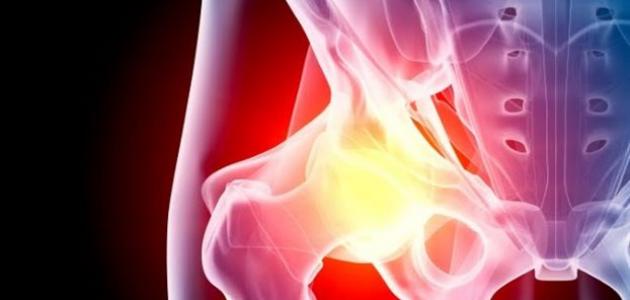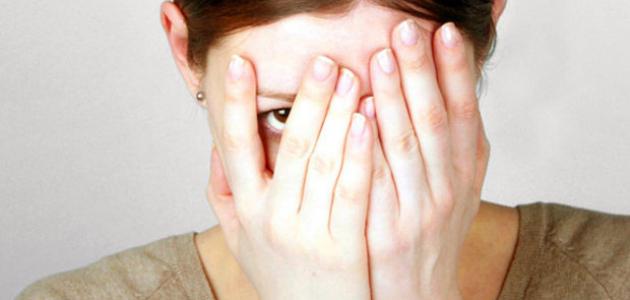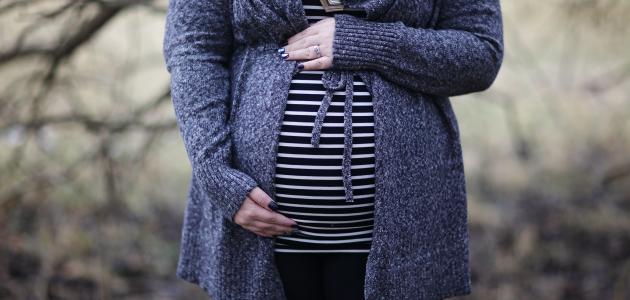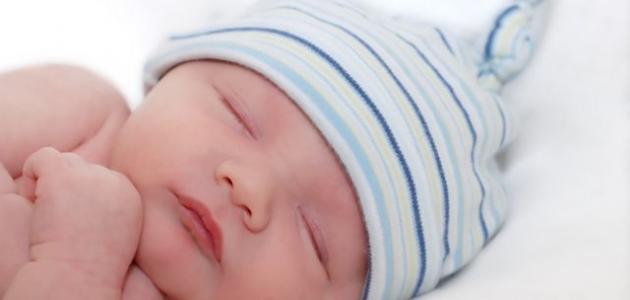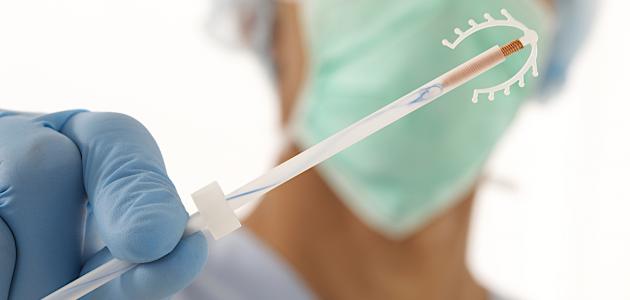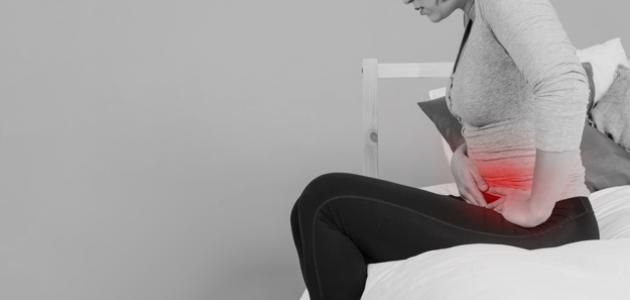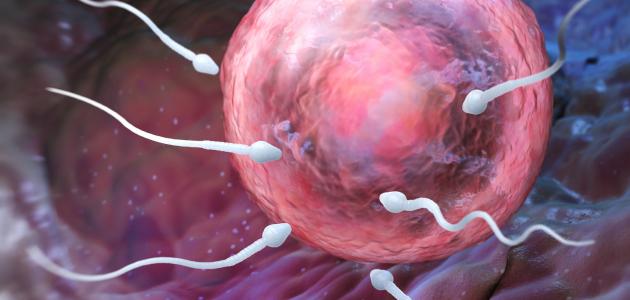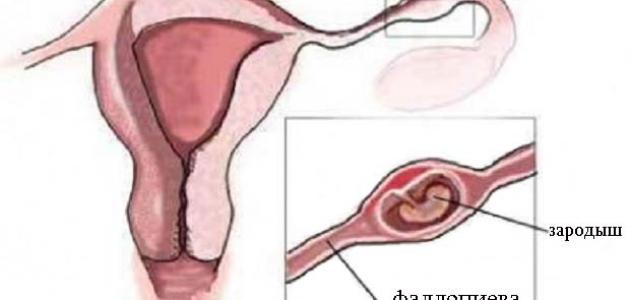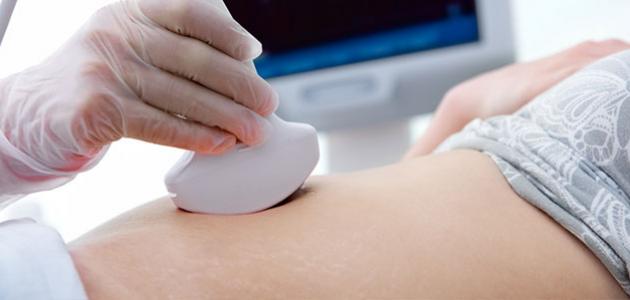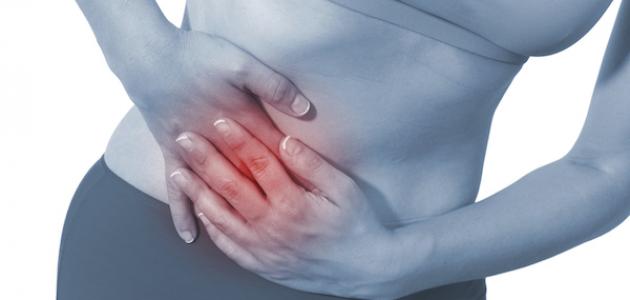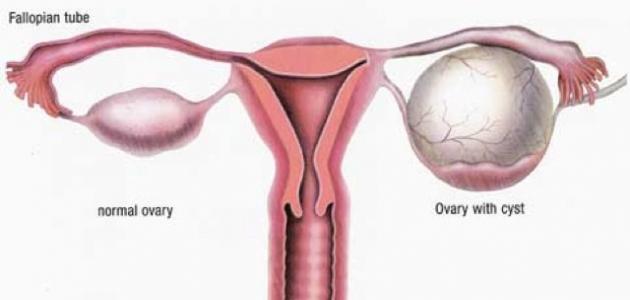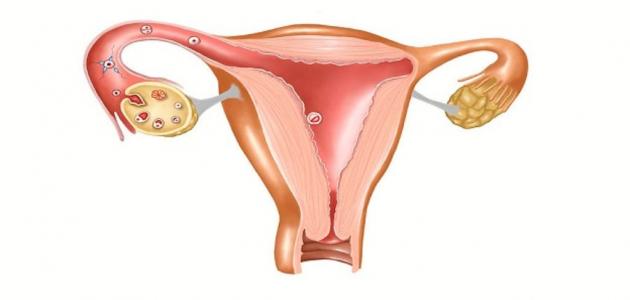Contents
What is chronic pelvic pain?
They are pains that affect some women in the pelvic region, which is the area in the lower abdomen (below the belly button and above the hip), and these pains may last for more than six months. The pain may be continuous or it may come and go at intervals. They are so mild or severe that they may affect a woman's normal daily life.
What are the possible causes of chronic pelvic pain?
There are several causes, some of which are feminine and some are non-feminine.
Endometriosis
It is a disease related to the endometrium, where the tissues that make up the endometrium move through the pregnancy tubes to the pelvic area and settle there. The date of the menstrual cycle, these tissues that are outside the uterus swell and bleed just like what happens to the tissues lining the uterus itself, and this usually causes pain and can lead to adhesions and scarring in the pelvic region, and we will talk in detail about this disease in the next issue, God willing.
Pelvic Inflammatory Disease:
It is an infection of the female reproductive organs, which are located in the pelvis, such as the uterus, the tubes of pregnancy, or the ovaries.
It is normal for the cervix to prevent bacteria in the vagina from moving up to these organs, but sometimes the cervix becomes inflamed and this allows some types of bacteria to spread to the rest of the internal upper pelvic organs, causing inflammation and leading to pain and often This inflammation affects the tubes of pregnancy, which leads to sterility and damage to these tubes.
Uterine Fibroids:
It is a benign tumor (not cancer) in the muscles of the uterus, and its size varies from patient to patient, some of which may be the size of a chickpea, and others may reach a size of more than 20 cm.
Irritable Bowel Syndrome:
It is a disease that affects the intestine and leads to an irregular movement of the intestine. The intestine can contract significantly or on the contrary insufficiently, which leads to the movement of food inside the intestine either very quickly or very slowly, and this is what causes pain.
Chronic cystitis (interstitial cystitis):
It is one of the chronic problems that affect the bladder, and it leads to the bladder wall becoming inflamed and irritated, which may lead to the formation of scarring in this wall and make it cramp, and as a result of this spasm, the bladder does not expand by increasing the amount of urine coming from the kidneys, and even sometimes the wall The bladder may bleed, and urine may change color.
How to diagnose chronic pelvic pain
The medical history is very important for diagnosing these diseases, and the attending physician usually asks the patient many questions, and we mention, for example, but not limited to:
What is the relationship of pain to the menstrual cycle?
Does pain accompany passing stool?
Does the pain increase with urine or during sexual intercourse?
Have there been strong gynecological infections in the past?
Have you ever had a female operation in the pelvic region?
Have you had or had difficulty getting pregnant or been infertile in the past?
After the medical history, the doctor may have to do some tests to reach the correct diagnosis, and this may include blood tests, urine test or x-rays, and sometimes we may need to do a simple surgery (laparoscopic operation) in which the doctor inserts a small camera through the abdomen and is done Looking at all the pelvic organs.
How to treat chronic pelvic pain
Treatment always depends on the correct diagnosis, and the doctor usually decides the best way to treat each patient individually, and treatment usually includes medications or some relaxation exercises for the pelvic organs, or sometimes by performing laparoscopic surgeries.
It remains to be mentioned here that the most common cause of chronic pelvic pain is the so-called Endometriosis, and we will talk about this disease in detail in the next issue, God willing.
Dr. Rami Governorate
